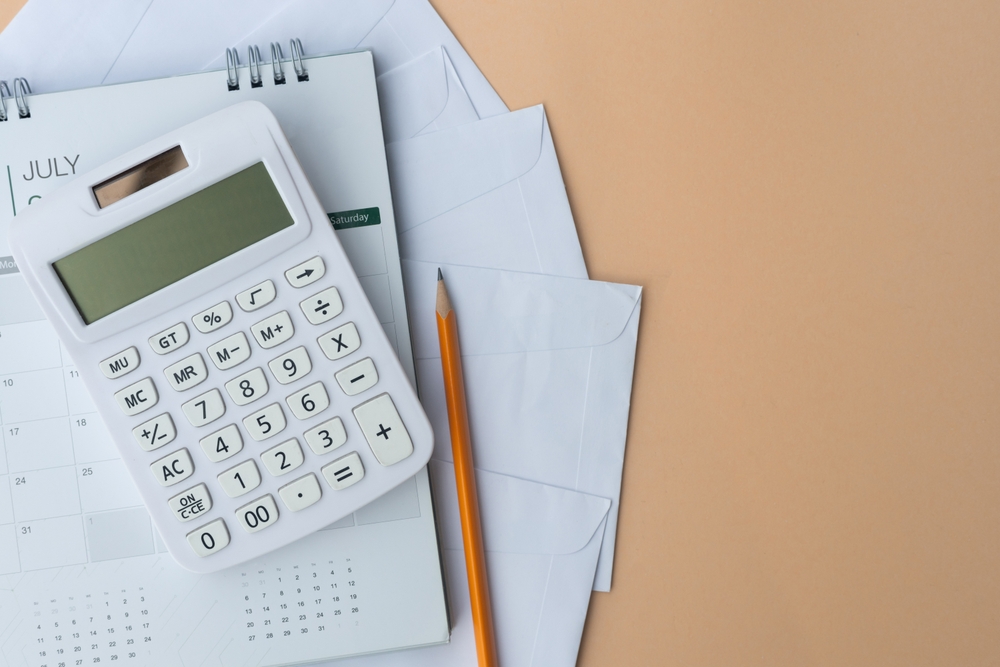Debt isn’t just about numbers; it’s about real, everyday challenges that can weigh on your mind, body, and relationships. From monthly payments piling up to the stress of dealing with debt collectors, financial difficulties can lead to a mix of emotional and physical strain that can feel all-consuming.
We’ve been helping people find their way back to stable financial ground for years, and understand that debt isn’t just a financial issue—it’s a personal one. If you’re feeling weighed down, you’re not alone, and there are ways to find relief. Here’s a look at how debt and mental health are connected and what you can do to start easing that burden.
Key Points:-
- How financial stress affects your well-being
- The physical toll of debt stress
- The emotional impact: stress, isolation, and relationship strain
- Different kinds of debt, different pressures
- Breaking the cycle
- Moving forward with support
How financial stress affects your well-being
Debt stress affects more than just your wallet. It can reach into every area of life, making you feel exhausted, worried, and even hopeless at times. When you’re constantly juggling monthly payments, minimum balances, and interest rates, it’s easy to feel like there’s nothing else. Financial stress has a way of creeping into daily life, and research shows it’s closely tied to mental health issues like anxiety and depression.
If you’re struggling with debt, you might find you’re more tired or irritable, maybe even anxious about the future. And it makes sense—living with debt can feel like a shadow hanging over your life. Studies show that people dealing with financial strain are much more likely to experience mental health challenges. The cycle goes both ways, too; mental health issues can make it harder to stay on top of finances. This creates a loop that’s hard to break—but not impossible! The first step is simply acknowledging how big of an impact debt can have on your well-being.
The physical toll of debt stress
It’s not just your mind that feels the weight of debt; it’s your body, too. Constant stress can lead to a range of physical issues, from trouble sleeping and headaches to more serious conditions like high blood pressure and heart problems. The stress of debt can keep you up at night, and that lack of sleep can make it even harder to manage finances or deal with daily responsibilities.
When the pressure of debt mounts, some people even start cutting back on essentials—like skipping doctor’s appointments or scrimping on groceries—just to make payments. Medical debt itself is a big issue, as people often delay care because of costs, which can lead to worse health problems down the road. Debt affects us deeply, physically and emotionally, so it’s important to take steps that protect your health as well as your finances.
The emotional impact: stress, isolation, and relationship strain
Debt-related stress isn’t something we talk about openly, and it can lead to feelings of shame, guilt, and isolation. Many people feel embarrassed to admit they’re struggling financially, which can lead them to hide it from friends, family, or even their partner. This isolation can make it tough to get help, even though talking about it might be exactly what’s needed.
Debt stress can also put a strain on relationships. Financial worries often lead to tension between partners, especially if there’s disagreement on spending or saving priorities. Debt collectors and creditors adding pressure with frequent calls or letters can increase these feelings of stress, frustration, and even resentment. This is more than just a “money problem”—it’s a personal one that can have serious emotional costs.
Different kinds of debt, different pressures
Some types of debt are especially stressful. Credit card debt, with its high-interest rates, can build up faster than you can pay it off. Student loans are another big source of stress, with repayments often stretching for decades. Medical debt adds another layer of strain, especially if you’re choosing between paying bills and getting necessary care.
Unsecured debts, like credit cards and personal loans, can feel especially heavy because there’s no clear asset tied to them. It’s just numbers that keep adding up. And when it feels like there’s no end in sight, it’s easy to feel hopeless or trapped. But recognizing these feelings can help you take steps toward regaining control.
Breaking the cycle
The good news is that even if debt feels overwhelming, there are ways to start taking control. Small steps and support can go a long way toward easing the load. Here are a few suggestions:
- Reach out: Talking to a trusted friend, family member, or a debt professional can help lift some of the isolation you might be feeling. Even if they can’t solve the problem, having someone to talk things through with can make a big difference.
- Consider professional debt advice: Debt professionals understand both the financial and emotional aspects of debt. We can help you come up with a manageable plan, maybe even consider options like a consumer proposal, which can reduce what you owe by up to 80%.
- Prioritize your mental health: Focusing on your mental health can build resilience. Whether it’s through exercise, mindfulness, or speaking with a counselor, taking care of your mind can make a big difference in handling financial stress.
- Set small goals: Little steps add up. Paying off one bill at a time or setting aside a small amount each week can help you feel more in control. It’s not about perfection; it’s about progress.
Moving forward with support
Debt is hard—there’s no question about it. It can feel like you’re dragging around a ball and chain, affecting everything from your mood to your health. But you’re not alone, and there are people who understand what you’re going through and want to help. Seeking support doesn’t mean you’ve failed; it means you’re ready to take back control.
So take the first step today by contacting Harris & Partners. Let’s work together to lighten your load, reduce your stress, and help you regain your financial freedom. Your journey to a brighter, more secure tomorrow starts by picking up the phone and giving us a call.










